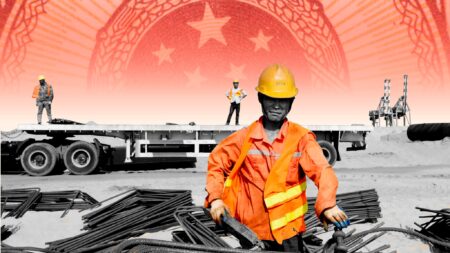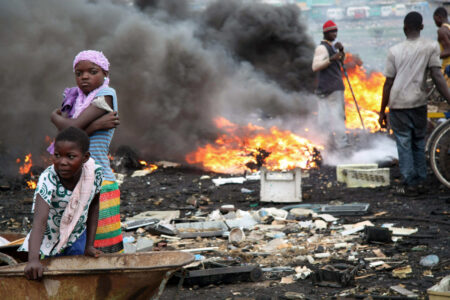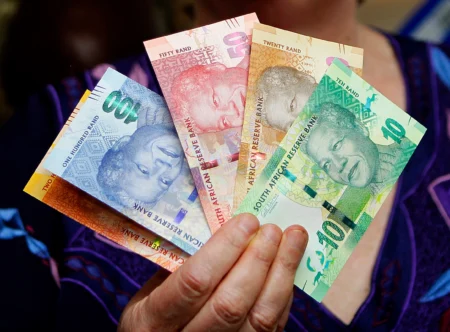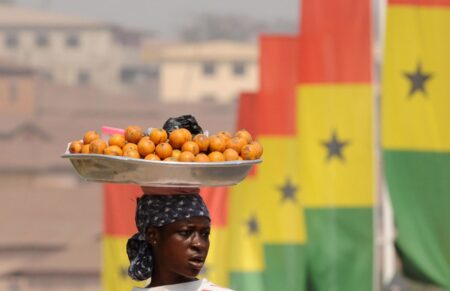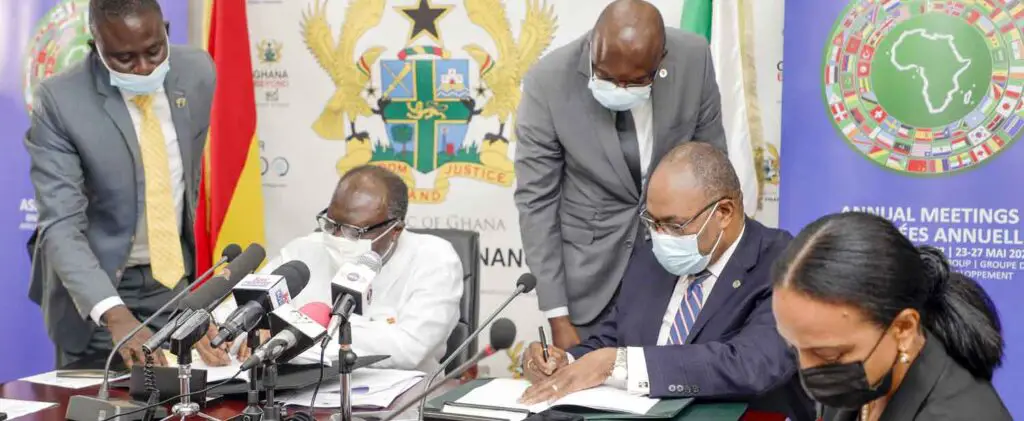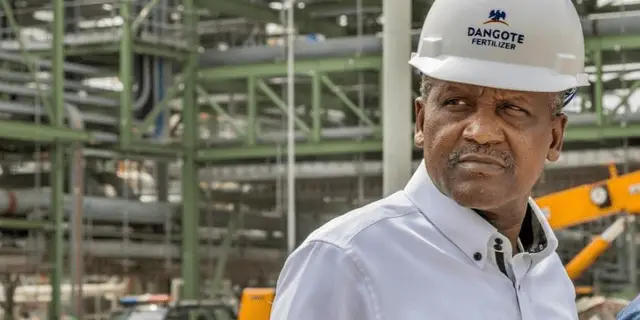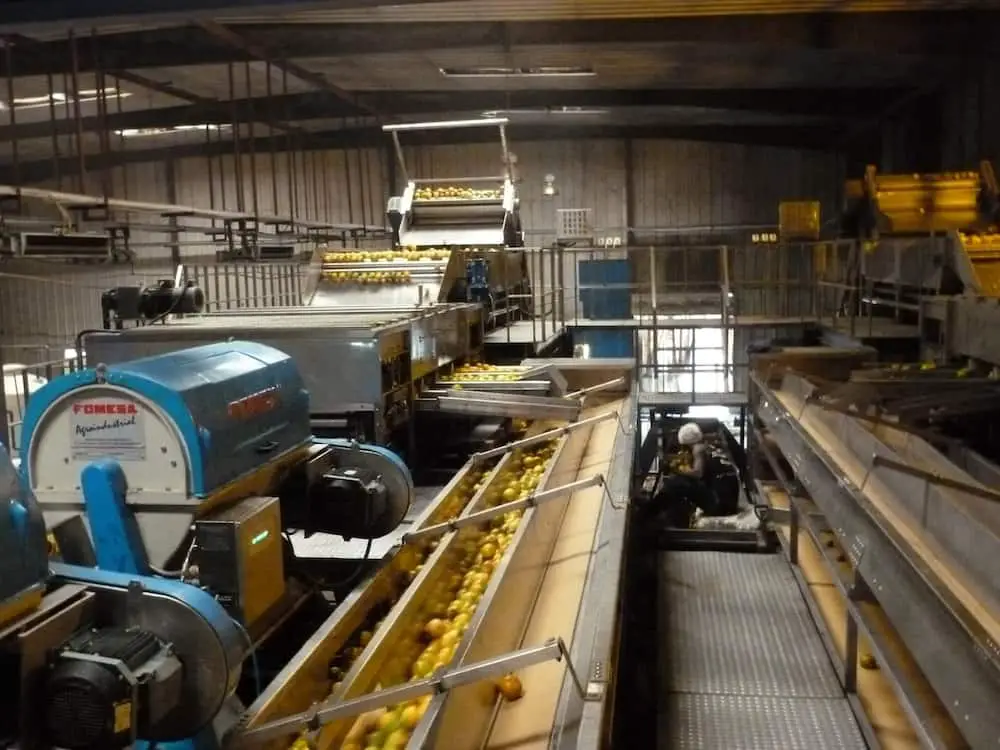- Africa’s new dawn: the rising role of digital and AI in agriculture
- Can Dangote Refinery Transform Africa Energy Ambition
- Gallup Survey: 80 per cent of Kenyan Workers Are Disengaged and Seek New Opportunities
- Madagascar Man Freed from 5KG Tumor After 15-Year Struggle
- How women in Africa are perceived and treated
- Sugar consumption in Kenya to Increase to 1.23 Million Tonnes
- Can Somalia and Turkey Oil deal Bring Change in Somaliland
- Remittances to Kenya dropped to $371.6 million in June, marking a six month low
Browsing: Ghana
- Data centres are IT facilities that manage big organisations’ data. They house state-of-the-art computing infrastructure with very powerful machines.
- The new facility will be built on a part of the former Trade Fair showgrounds site, one of the key central locations in the city.
- This new facility is part of Africa Data Centres’ continental expansion plans spanning 10 of Africa’s major economic hubs.
Africa Data Centres, the largest network of interconnected data centre facilities on the continent, is set to open West Africa’s largest facility in Ghana in the next 12 months. The firm announced it will shortly start construction on its newly acquired land in Accra, Ghana.
The new facility has been designed for an initial 10MW, which can expand to 30MW depending on demand. It will be the largest facility in West Africa to date, outside of Nigeria.
“We continue to bring internationally recognised services and products through …
In the last 20 years, Africa’s external debt has grown fivefold to about $700 billion. According to Chatham House, a policy centre in London, Chinese lenders account for about 12 per cent of that amount. As of November 2022, the International Monetary Fund (IMF) and the World Bank considered 22 low-income African countries to either be in debt distress or facing potential external debt distress.…
- According to UN estimates some 53.6 million tonnes of e-waste was generated around the world in 2019.
- The World Economic Forum (WEF) estimate that the annual generation of e-waste will reach 74.7 Mt by 2030.
- Extended Producer Responsibility (EPR) is a policy or principle that is designed to promote total life cycle of products.
Mobile phone manufacturers release new devices almost every other quarter. Ever wondered what happens to the old ones?
Actually, what happens to old (or not so old) electronics that are simply out-paced by newer technology? Well, just like used cars and clothing, they are exported to Africa and other developing nations.
The so called export of used consumer goods to Africa is nothing more than dumping of electronic waste from rich, developed countries to unsuspecting developing nations that in most cases are forced by loan and grant conditions to buy the environmentally harzadous goods.
Known as …
- Vice President of the United States Kamala Harris toured Tanzania, Ghana, and Zambia. As the United States seeks to weaken China’s and Russia’s alliances with African countries
- In the past, the United States and Europe viewed Africa as a problem to be solved, whereas China concentrated on business, becoming the region’s biggest partner
- Its Part of a Strategic scramble for rare-earth minerals to power the world’s green revolution—cobalt, copper, and nickel, all of which are abundant in several African countries and are essential to electric cars and renewable technologies
Vice President of the United States Kamala Harris toured Tanzania, Ghana, and Zambia. As the United States seeks to weaken China’s and Russia’s alliances with African countries, she is the 18th and most senior American official to tour the continent this year. 11 African nations have been visited by American representatives since January.
First wife Jill Biden and U.S. Treasury …
The Kwacha is the official currency of Zambia. The country’s foreign exchange rate remained unsettled for a very long time. However, Zambia has made substantial steps in recent years to strengthen its currency through economic measures and foreign support.
Zambia has set an example for other African nations by efficiently controlling its currency. While facing numerous economic issues, such as a drop in copper prices and a large debt, the Kwacha exchange rate has remained reasonably constant.…
Ghana finds itself in the classic emerging market trap. This comes from owing too much in someone else’s currency when the global economic tide turns. One ought not to read too much into an emerging economy getting creative with money or to confuse the confiscation of private assets with a more conventional process of fiscal retrenchment that would gain IMF approval. If the plan succeeds, Ghana may have saved itself from an economic meltdown, especially in a period widely considered as economic turmoil, per the World Bank’s analysis of the 2023 economy.…
- The IMF deal caused the cedi to appreciate, relieving price constraints and potentially mitigating a downturn in commercial activity
- S&P Global’s Purchasing Managers’ Index, which gauges the health of the private sector, increased somewhat from 44.9 in November 2022 to 47 in December 2022
- The cedi gained 41% versus the dollar last month and saw a reduction in projected losses for 2022 to 39%, which lowered inflation and gave businesses some reprieve
A staff-level finance agreement with the IMF caused the cedi to appreciate, relieving price constraints that have afflicted the industry for more than a year and potentially mitigating a downturn in commercial activity in Ghana.
S&P Global’s Purchasing Managers’ Index, which gauges the health of the private sector, increased somewhat from 44.9 in November 2022 to 47 in December 2022.
However, it remained below the 50-point threshold that distinguishes expansion from contraction for the 11th consecutive month.
According …
The reason farmers are forced to buy seeds is that projects like AGRA take away traditional organic seeds by giving subsidized GMO seeds, which cannot be replanted hence after harvest, the farmers must buy new batches of seeds to replant the next season.
In effect, forcing the farmers to rely on new purchases of seeds every year means the peasants are unwittingly caught in a cycle of dependency and poverty, for that matter.
Worse still, projects like AGRA that claims to introduce ‘modern agriculture technologies’ focus on using chemical-based fertilizers and pesticides and also push for monoculture, which locks the farmers in the dependency cycle; they have to buy more fertilizers to keep their lands productive, and they have to buy the same pesticides because of monoculture.
It is for such reasons that last year, AFSA released an open letter with over 200 signatories alleging that AGRA did not increase …
Big cap stocks are far more profitable with ROE’s of 67 per cent compared to 21 per cent for mid cap stocks. Further, their stock market returns are superior to mid-cap stocks.
Nestle Nigeria had the highest on Return on Equity of 215.4 per cent with a share price at 1,215.00 NGN. While, International Breweries had the lowest Return on Equity of a negative 2.5 per cent with a share price at 4.95 NGN as of September 30, 2022.
Nestle Nigeria Plc listed on the Nigerian Stock Exchange is a food manufacturing and marketing company in Nigeria and a subsidiary of the largest food and beverage company in the world. The company produces an extensive range of products for the retail and wholesale sectors.…
Ghana competes in the global economy primarily using natural resources. Other than the usual exports of cocoa, gold, lumber, and crude oil, Ghana has a competitive advantage in numerous product categories. Increasing the proportion of high-income commodities in the export basket hastens economic transition.
The opportunity is providing better, economically advantageous items to regional and worldwide markets. Cocoa processing, wood processing, aluminium products, palm oil, food and agro-processing, and fish processing are examples of manufacturing sub-sectors that fit these two requirements.
Manufacturing subsectors that capture considerable proportions of manufacturing value-added, such as food and drinks, chemicals, and textiles, have significant technology, knowledge, and skills inherent in them. These assets can be used to produce additional goods within the sub-sector or even outside of it. It is also easier to go up the value chain after you have mastered relevant technologies and markets.…






